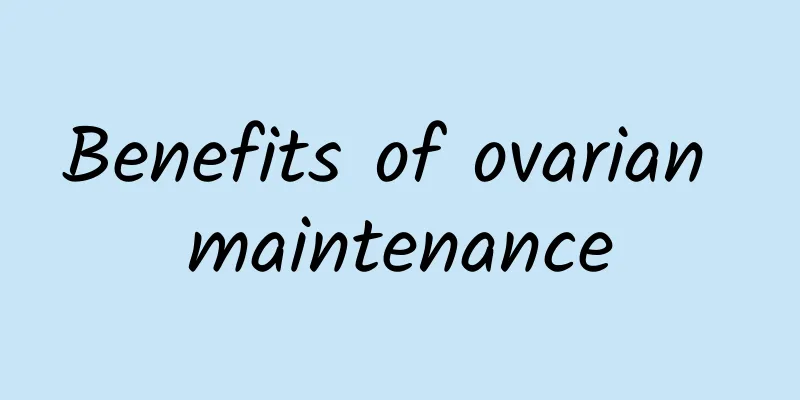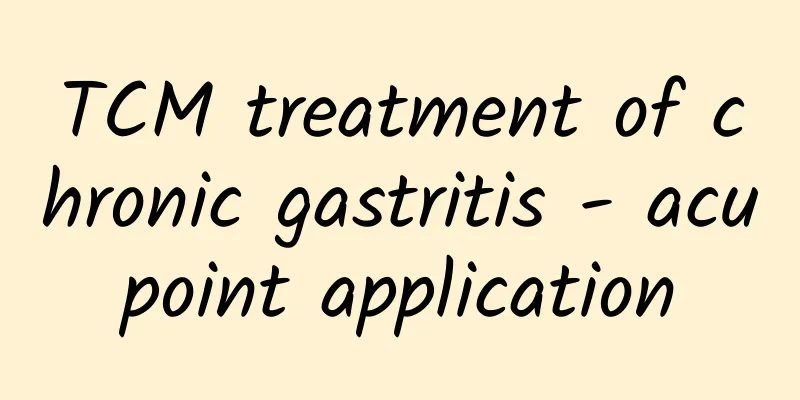Why does Danggui Sini Decoction harm the kidneys?

|
In everyone's impression, Chinese herbal medicine is synonymous with "pure natural, non-toxic, and no side effects". Many people even put some Chinese herbal medicine when making soup. "In response to this, experts pointed out that the indiscriminate use of Chinese medicine may cause damage to kidney function. The kidney function is responsible for the body's metabolism and detoxification. Calculated based on the 1.5-2 liters of urine excreted by a person every day, the kidney function actually has to process 180 liters of original urine every day, which is about 100 times the former. The metabolism and excretion of drugs also rely on kidney function, and the relative molecular weight size, fat solubility, and protein infectivity of drugs will affect renal metabolism and cause accumulation. In the renal filtration process, once drugs accumulate in the kidneys repeatedly and for a long time, it is easy to cause kidney damage. According to the investigation, there are three main types of Chinese medicinal materials that may cause kidney damage: the first type is plant Chinese medicinal materials, including Tripterygium wilfordii, Aconitum kusnezoffii, Akebia, Leonurus japonicus granules, Xanthium sibiricum, Melia azedarach, Radix Trichosanthis, Seed of Pharbitis chinensis, Root of Cherry Blossom, Fritillaria thunbergii, Potato, Schizonepeta tenuifolia, Croton, Aloe, Acer truncatum, Trillium, Datura, Oleander, Folium Isatidis, Alisma orientalis, Stephania tetrandra, Gelsemium elegans, Eupatorium fortunei, Lilac, Uncaria rhynchophylla, Pulsatilla scabra, Camellia sinensis, Sophora flavescens, Achyranthes bidentata, Ziziphus chinensis, and Cotton seed. The second category is animal-based Chinese medicinal materials, including blister beetles, fish gall, sea cucumbers, centipedes, snake venom, etc. The third category is mineral Chinese medicinal materials, including those containing arsenic, mercury, lead and other minerals. In the early 1990s, the use of Chinese herbal medicine for weight loss was quite popular. However, these Chinese herbal medicines contain aristolochic acid. Although they have the effects of clearing away heat and dampness, clearing heat and detoxifying, these ingredients will damage the renal tubules and cause irreversible kidney damage. Long-term use can develop into uremia. The common folk dish "Cinnabar stewed pork kidney" contains too much mercury (liquid mercury) and people with liver or kidney dysfunction should not eat it. Dioscorea bulbifera is a common "secret recipe" for treating chronic bronchitis, but it contains toxins that can affect liver and kidney functions and should not be taken for a long time. The Longdan Xiegan Pills, which caused "disaster", caused kidney damage to many people who took it because it contained aristolochic acid. The nephrotoxicity of aristolochic acid has long been a well-known fact. The Ministry of Health of China once released a "credit blacklist" of 12 Chinese herbal medicines containing aristolochic acid that can cause acute kidney injury, including: Longgan Xiedan Pills, Paishi Chongji, Fenfen Zhilin Pills, Fuke Fenfen Pills, Ganlu Xiaodu Pills, Fazheng Zhenzhu Acne Tablets, Erlong Pills, Danggui Sini Decoction, Xuanzhu Langlu Pills, Guanxin Suhe Pills, Dieda Pills, and Duhuo Jishe Decoction. Common Chinese herbal medicines containing aristolochic acid also include Akebia, Stephania tetrandra, Aristolochia lappa, Aristolochia mandshurica, Stephania tetrandra, Thunbergia paniculata, and Asarum. "Long-term medication, large doses of medication and repeated medication, especially the indiscriminate use of traditional Chinese medicine, so-called 'small remedies' and 'secret recipes handed down from generation to generation', can easily increase the risk of pathological renal damage." Experts remind that when patients find kidney damage, they should take effective measures in time, such as fully informing their doctors of the history of taking medication, stopping medication immediately, and adopting more proactive treatment methods. If it is necessary to use Chinese medicinal materials again, you can also consider reducing the toxic side effects of Chinese medicinal materials under the guidance of a doctor, through dialectical medication, prescription combination, proper Chinese medicine preparation, changing the method of decocting Chinese medicine, controlling the dosage of medicine, etc. |
<<: Pictures of herbal medicines
>>: Mountain Herbs Pictures and Names
Recommend
How to destroy hair follicles?
Hair follicles are an organ used to protect human...
Can Fenbid treat toothache?
Modern people have great pressure in life and wor...
Why is there sweat on the face and head?
Sweating on the face and head is quite common in ...
Brown discharge during pregnancy
Brown vaginal discharge during pregnancy is mainl...
Hand peeling has genetic factors
The situation of hand peeling has a great impact....
What causes eczema?
Thin skin sore is a disease in the anal area of ...
What are the traditional Chinese medicine treatments for hypothyroidism?
Hypothyroidism is a disease caused by abnormal th...
Is it normal to lose 6 pounds in a month?
If the body is obese, it will affect the body'...
Symptoms of chronic cor pulmonale
Chronic cor pulmonale is a type of heart disease ...
Cystic lesions of the liver
Liver cystic lesions, also known as liver cysts, ...
Can hair follicle inflammation be cured?
Folliculitis is a relatively common skin disease....
The difference between vaginal delivery and cesarean section
Having a child is a very happy thing in life. Wit...
Does wrinkles on the fingertips mean kidney deficiency?
Wrinkles on the fingertips are quite common in da...
What to do if your menstrual period is too long? How to regulate your menstrual period in daily life
Menstruation is something that women experience e...
What should not be eaten when having herpes
The disease of herpes often occurs in our lives. ...









